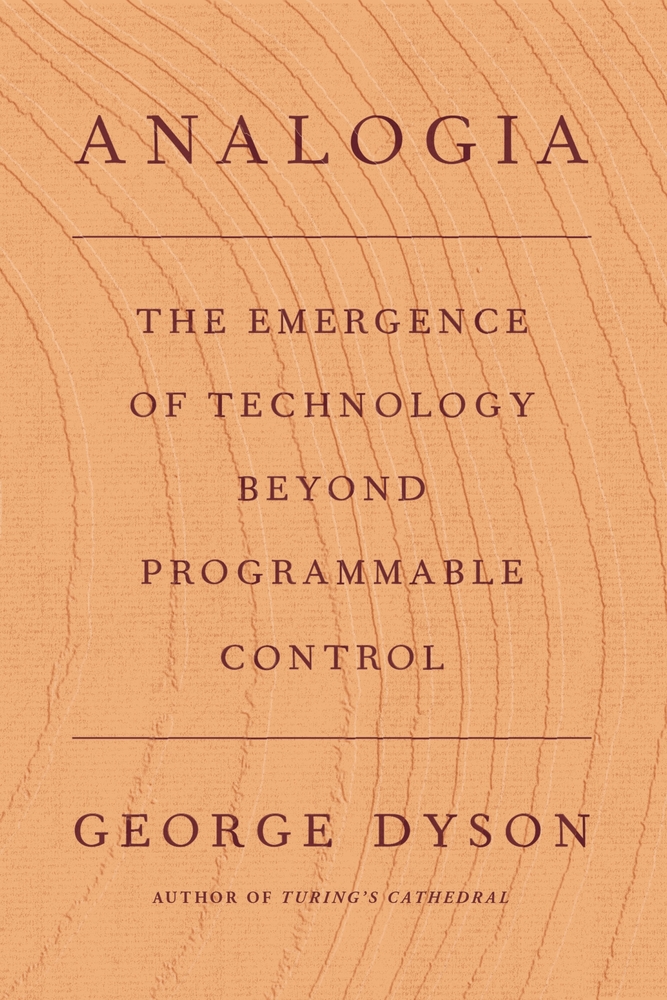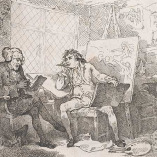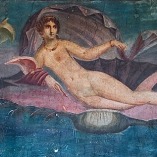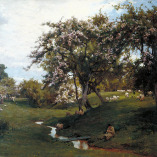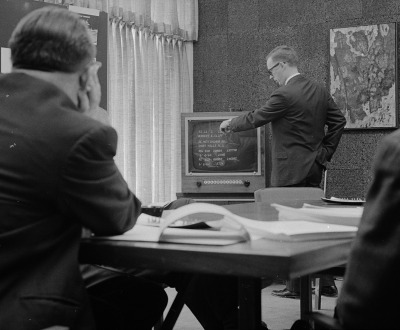
“Video Typewriter,” 1964. Photograph by Thomas J. O'Halloran. Library of Congress, Prints and Photographs Division.
“There are four epochs, so far, in the entangled destinies of nature, human beings, and machines,” historian George Dyson writes in his new book, Analogia. “In the first, preindustrial epoch, technology was limited to the tools and structures that humans could create with their own hands. Nature remained in control. In the second, industrial epoch, machines were introduced, starting with simple machine tools, that could reproduce other machines. Nature began falling under mechanical control. In the third epoch, digital codes, starting with punched cards and paper tape, began making copies of themselves. Powers of self-replication and self-reproduction that had so far been the preserve of biology were taken up by machines. Nature seemed to be relinquishing control. Late in this third epoch, the proliferation of networked devices, populated by metazoan codes, took a different turn. In the fourth epoch, so gradually that almost no one noticed, machines began taking the side of nature, and nature began taking the side of machines. Humans were still in the loop but no longer in control.”
This week on The World in Time, Lewis H. Lapham and Dyson discuss living in a tree, the difference between analog and digital computers, and the history of humans, nature, and machines.
Lewis H. Lapham speaks with George Dyson, author of Analogia: The Emergence of Technology Beyond Programmable Control.
Thanks to our generous donors. Lead support for this podcast has been provided by Elizabeth “Lisette” Prince. Additional support was provided by James J. “Jimmy” Coleman Jr.
